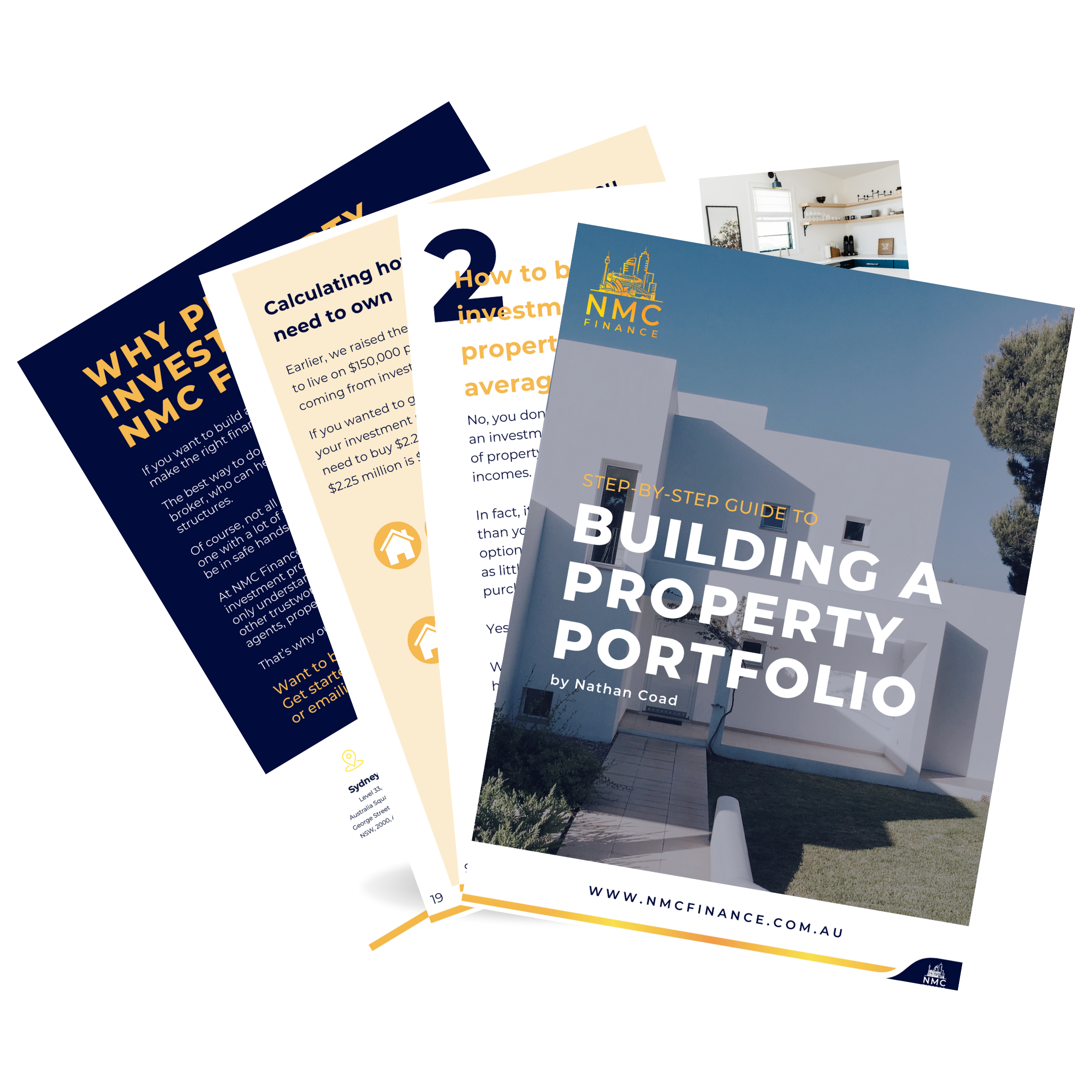With all four major banks and many other home loan lenders passing on in full the Reserve Bank of Australia’s latest interest rate to their variable-rate borrowers, many homeowners are facing yet another jump in their home finance repayments – the fifth in as many months.
However, existing variable borrowers will likely pay a lot more than those taking out a brand-new house mortgage.
That’s because of something known as the ‘loyalty tax’ – which is when lenders offer discounted rates to new home loan customers to increase their market share. Because these discounted rates are reserved exclusively for new customers, the lender’s existing home mortgage customers don’t benefit, despite their ongoing loyalty.
Mortgage lender loyalty could be costing you thousands
As the RBA graph below shows, the average interest rate for existing borrowers with a variable home loan in July was 3.99%.
By contrast, the average interest rate for new borrowers was 3.51% – a margin of 0.48 percentage points.

While 0.48 percentage points might not sound like much, seemingly small differences in rates quickly stack up over time.
As a result, misguided loyalty costs borrowers thousands of dollars in extra repayments each year for no good reason.
Refinancing booms as rates rise
Remember, loyalty should work both ways. So if mortgage lenders show little loyalty to their existing customers, there should be little loyalty shown in return.
Fortunately, it appears an increasing number of Aussie homeowners have got the memo, with Australian Bureau Statistics’ lending data showing $12.4 billion of owner-occupier loans were refinanced in July 2022 – the second-highest figure on record.
That was 13.0% higher than in the same period last year – and comes after the RBA raised official interest rates in May, June and July.
That brings us nicely to the final point.
The cash rate is expected to climb further, with Westpac predicting it will peak at 3.35% in February from its current 2.35%. That, in turn, will drive variable rates for home loans higher. But with many home loan lenders competing hard for new business amid the refinancing boom, there’s a good chance you can refinance to a better deal (if your circumstances allow). This can help you dodge the full impact of rate rises.
Refinancing isn’t suitable for all borrowers and might not be possible for others. But it’s certainly something worth thinking about. Switching to a loan with a lower interest rate could potentially save you tens of thousands of dollars over the life of the loan.
Want to get ahead of home loan interest rate rises? NMC Finance is an experienced home loan mortgage broker and can help you refinance. Contact Nathan Coad on 0498 766 639 or nathan.coad@nmcfinance.com.au to find out more.
* This blog is intended for general informational purposes only. For personalised advice tailored to your unique financial situation, please contact NMC Finance.

